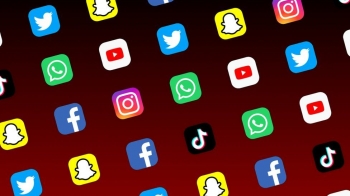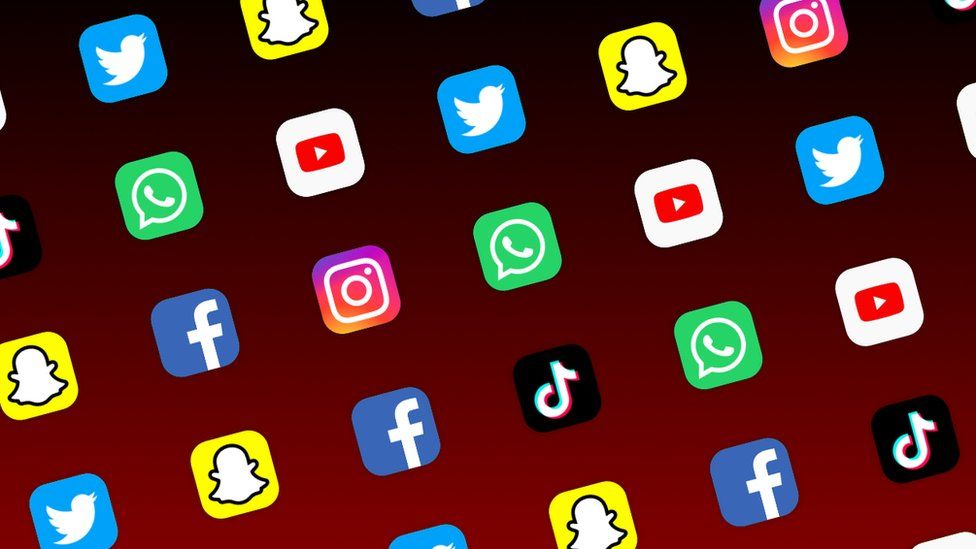
.jpg) Isha Prakash
Isha Prakash

In what is an important move towards digital content regulation, the central government on Nov. 11, 2020, took the first step in overseeing online news, social media and video streaming platforms in the country.
The government released a gazette notification announcing that the regulation of online news platforms and content providers will henceforth be undertaken by the Ministry of Information and Broadcasting headed by Union Minister Prakash Javadekar.
This move includes films and audio-visual content by big over-the-top (OTT) video streaming platforms such as Amazon Prime, Netflix, Hulu and others. News on apps such as Facebook and Twitter will also fall under this category and shall be overlooked by the I&B Ministry.
In the notice, the Cabinet Secretariat stated, “In exercise of the powers conferred by clause (3) of Article 77 of the Constitution, the President hereby makes the following rules further to amend the Government of India (Allocation of Business) Rules, 1961, namely: (1) These rules may be called the Government of India (Allocation of Business) Three Hundred and Fifty-Seventh Amendment Rules, 2020.” It added that this shall come into effect immediately thereafter.
Additionally, “(2) in the Government of India (Allocation of Business) Rules, 1961, in the second schedule, under the heading ‘Ministry of Information and Broadcasting (Soochana Aur Prasaran Mantralaya)’ after entry 22, the following sub-heading and entries shall be inserted, namely:
(22A) Films and Audio-Visual programmes made available by online content providers.
(22B) News and current affairs content on online platforms.”
This comes after the Supreme Court questioned the central government last month, following a petition being filed with them regarding the regulation of content on OTT platforms. This is due to the fact that presently there is no legislation or body strictly overlooking the regulation of content on these platforms. Thus, the central government has time and again expressed interest in doing so.
In 2019, out of fear of governmental regulation and censorship, eight renowned platforms had jointly drafted a self-regulatory code that comprised a set of rules or guidelines that they would all strictly follow in relation to the content available on their respective platforms. However, this code was not accepted by the government.
Currently, the Central Board of Film Certification (CBFC) regulates films and the News Broadcasters Association (NBA) overlooks news channels. Other regulatory bodies in the country include the Advertising Standards Council of India, which monitors advertising, and the Press Council of India, under whose purview falls the print media. But as can be clearly understood, OTT platforms and online news portals do not fall under the ambit of any of these bodies and thus, remain almost entirely without regulation. The only signs of regulation visible are when particular petitions are filed against them in Court.
The inclusion of online news portals in this announcement has also created scepticism among a large section of netizens, who fear that this may be another move towards establishing more control over digital news outlets. The previous move being the rule passed in October that said digital news portals could not have more than 26% foreign direct investment (FDI).
Siddharth Varadarajan, founding editor of The Wire told Al Jazeera, “We have to see what the government is trying to do, what rules they are trying to bring in, but either way I don’t think this is a good sign because the fact is that the digital media is already subject to the laws of the land.”
He, like several other netizens, strongly believes that the restrictions that exist on regular media, such as the law of defamation, etc., and other such constraints already apply to digital media. In addition to that, digital media also has to abide by the Information Technology Act, which does not apply to newspapers and news channels as it is not enforced by the aforementioned regulatory bodies. They believe the move will lead to excessive intervention in the business of ‘over the top’ censorship of the content present as well as curb or have an adverse effect on the free-flowing creativity seen in the content available on these thriving platforms.